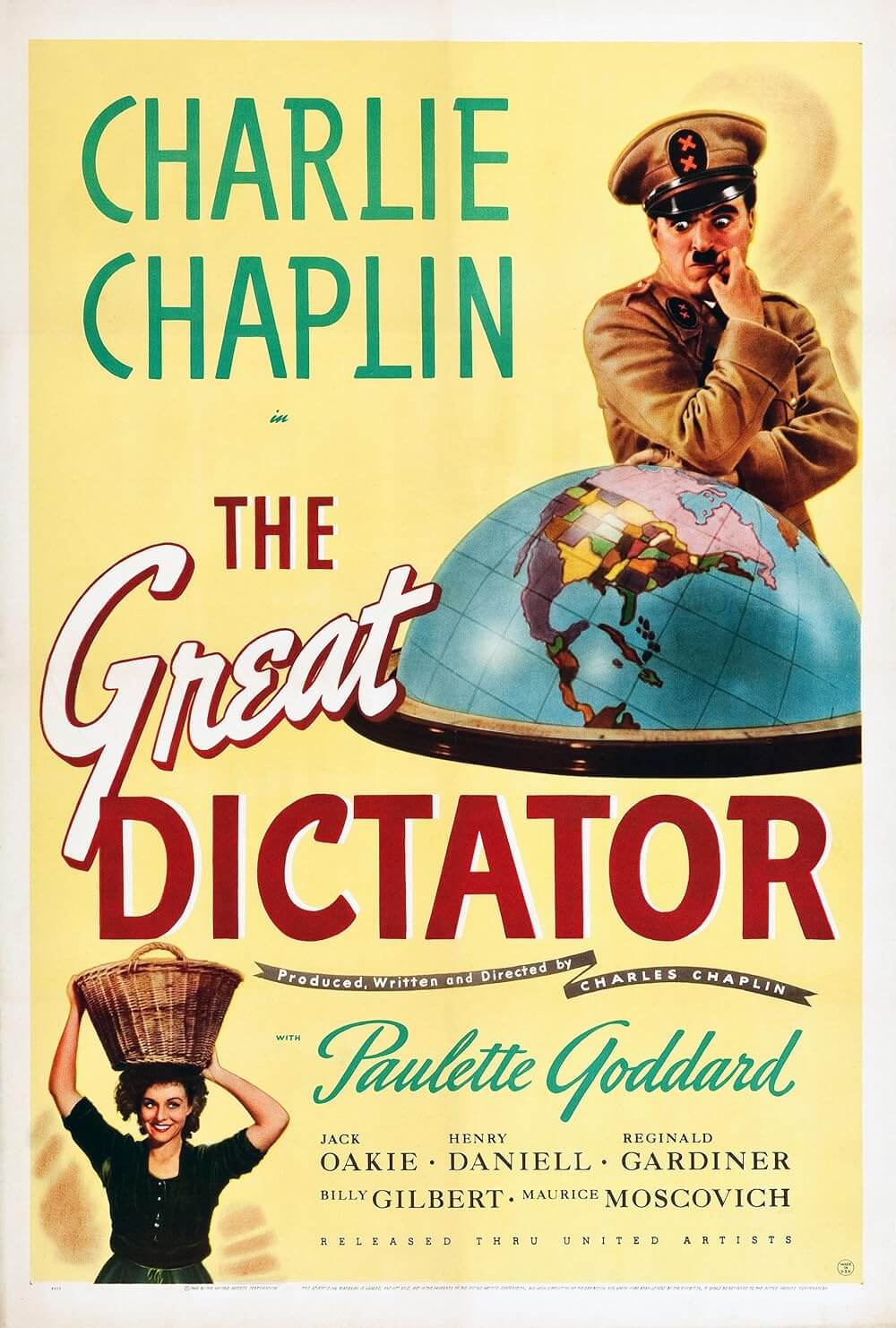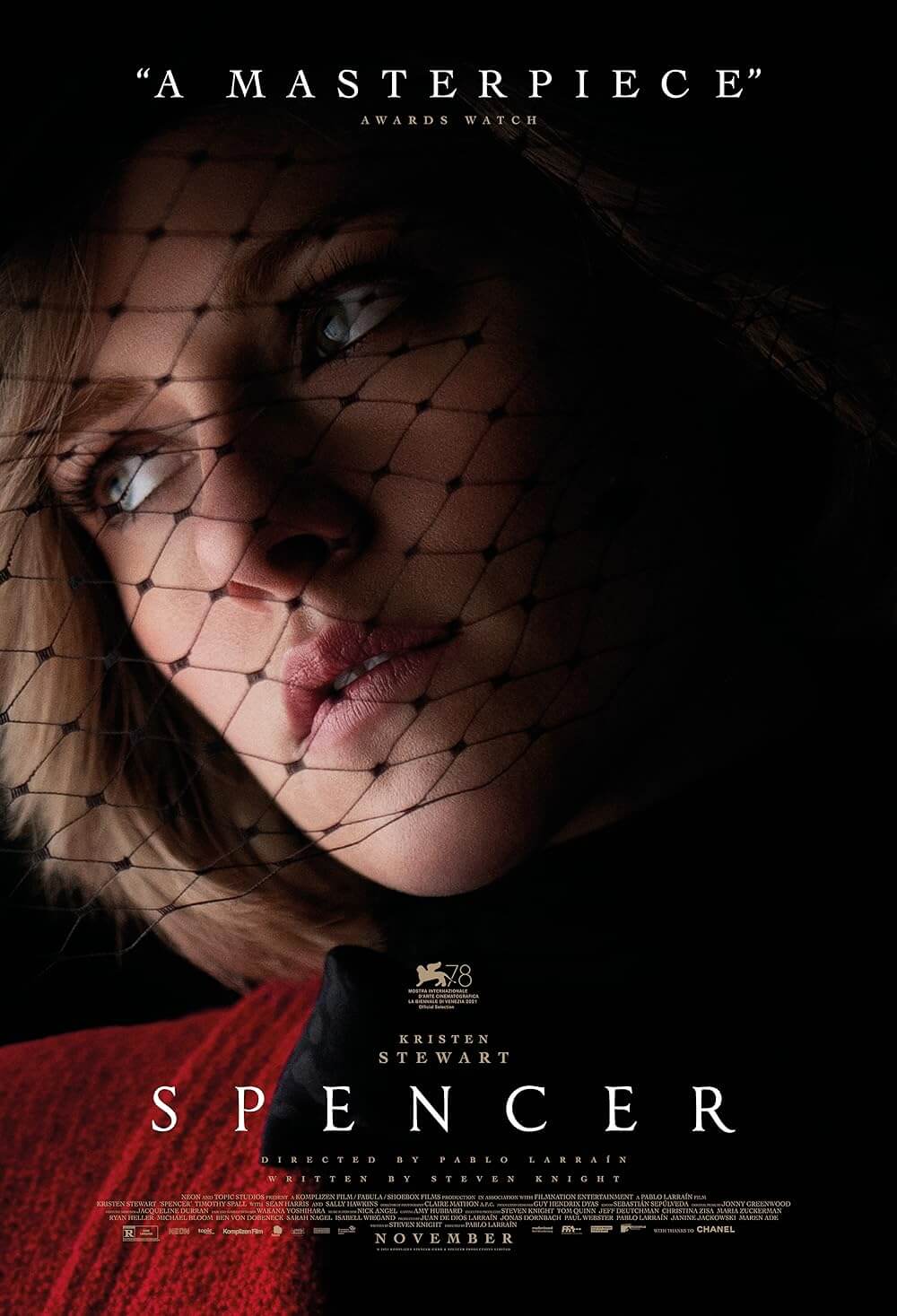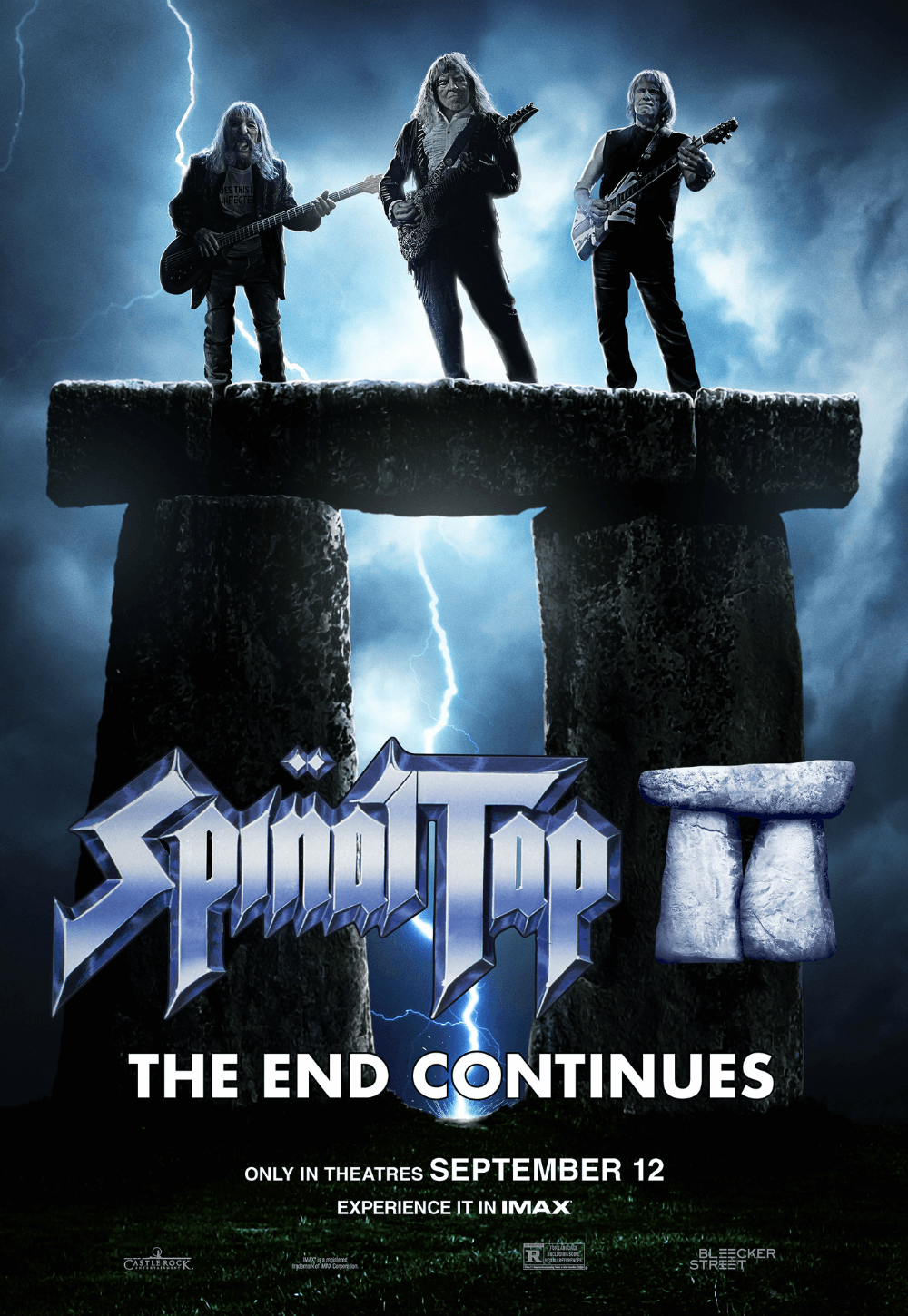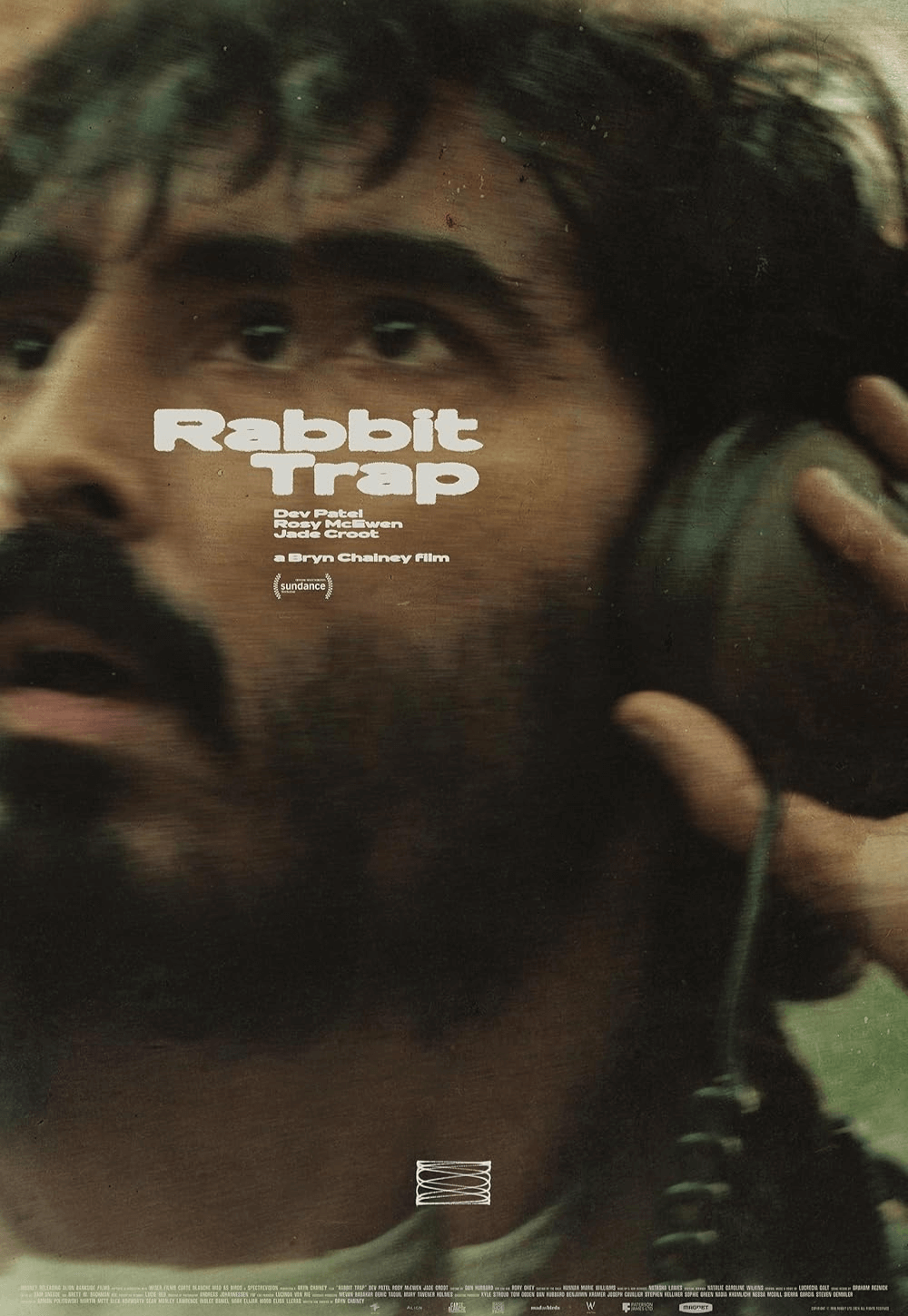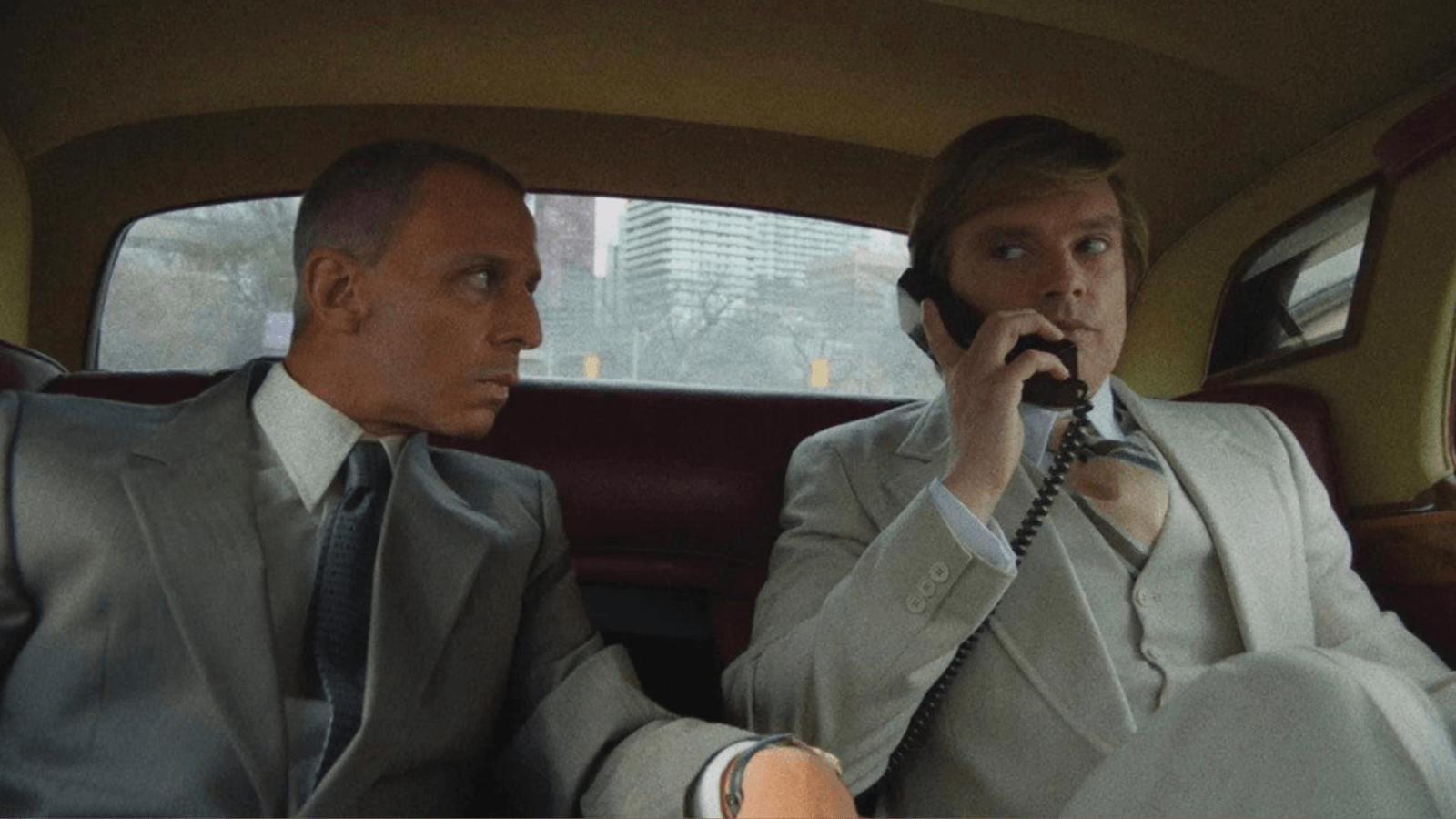
The Apprentice
By Brian Eggert |
Ali Abbasi’s The Apprentice depicts Donald Trump as a morally deficient narcissist willing to do anything to win. Hardly breaking news, the film’s mocking portrait doesn’t tell us anything new or eviscerate Trump’s already absent credibility so much as remind viewers that he’s unscrupulous in various arenas—family, business, politics, and relationships. It’s not entirely clear what Abbasi hopes to achieve beyond reminding viewers of Trump’s history as a landlord, tax evader, lousy husband, and egomaniac with bad taste, along with a laundry list of other crimes and character flaws. Maybe the director and writer Gabriel Sherman, who penned the 2014 Roger Ailes exposé The Loudest Voice in the Room, sought to use Trump as a metaphor for how unchecked capitalism corrupts. Or maybe they hoped it would shine a dark light on Trump’s history, convincing a few viewers to think twice before voting for him this November. Perhaps this is Abbasi’s version of Charles Chaplin’s The Great Dictator (1940), which sought to deflate Adolf Hitler through parody. Whatever their motivations, I didn’t feel like I learned anything or developed a new opinion about Trump, and it certainly wasn’t as funny as Chaplin’s film. Despite not saying anything particularly new or offering a fresh take on Trump, much of The Apprentice proves so engagingly crafted that it made the experience worth enduring.
With several films about criminals and monsters to his credit—his last film, Holy Spider (2022), was about an Iranian serial killer of sex workers—Abbasi is no stranger to complex subjects. To his credit, the director resists pure caricature here. Sebastian Stan marvelously plays Trump as a hapless, naïve, and awkward figure who, obsessed with the appearance of wealth and power, is immediately drawn to the no-bullshit energy of Senator Joseph McCarthy’s advisor Roy Cohn (Jeremy Strong). Abbasi first introduces a meek and pathetic Trump desperate to appear important at a ritzy night spot. “Anybody who’s anybody comes here,” he brags, practically to himself. After following Cohn like a stray dog, Trump begs for his help with an FBI investigation over his family’s discriminatory rental practices, and Cohn agrees. Along the way, Cohn doles out lessons that would later come to define the corrupt landlord turned Republican figurehead. Cohn-isms such as “Everybody wants to suck a winner’s cock,” “There’s no truth with a capital ‘T,’” “Create your own reality,” and “Never admit defeat” stick with the bungling Trump, who soaks them up like a sponge.
Trump’s fake-it-till-you-make-it approach proves lighter in the first half, presenting him as a socially awkward, deeply inadequate person who proclaims his intelligence yet demonstrates little. At a party, he asks Andy Warhol, “What do you do?” At a different party, he tells Cohn about his love of cheeseballs, and by all accounts, his palate never became more sophisticated. Trump doesn’t seem to fit in anywhere, and Stan plays this fragile, uneasy energy with sometimes uncanny accuracy, even though he never disappears into the role. The same is true of Strong’s performance as Cohn, with a blank, lizard-like stare and leathery, over-tanned skin to match—it’s at once a committed turn but not fully convincing, giving way to the film’s almost Brechtian quality. In the second half, Trump achieves some celebrity, marries Ivana (Maria Bakalova), whom he pursues with the single-mindedness of a clumsy predator, and builds a golden tower in his own name, epitomizing Reagan-era capitalism. Now more confident on the surface, he passes a sickly and pathetic Cohn by and shows no loyalty, having learned the lessons Cohn imparted all too well.
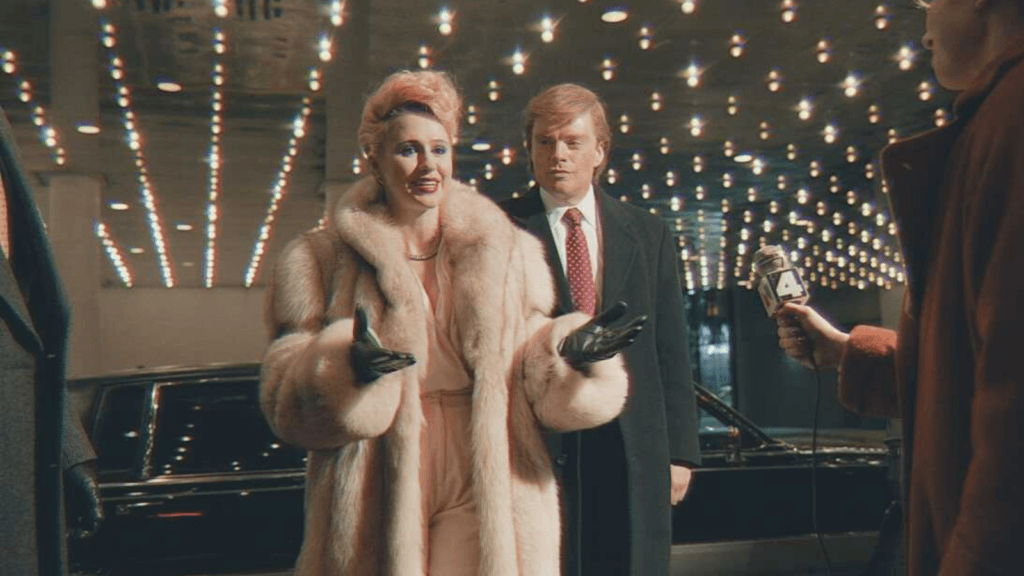
Much of The Apprentice plays like a rap sheet, detailing oft-recounted episodes from Trump’s life and regurgitating them here, amounting to a surface-level depiction of a megalomaniac in the making. It’s difficult to fault Abbasi for such an approach, given that one doesn’t see much beneath Trump’s orange, self-obsessed surface. In that sense, the details often prove amusingly acerbic. It’s painfully funny when Fred Trump (Martin Donovan, excellent), who was sued for discriminatory rental practices, wonders, “How can I be racist when I have a Black driver?” While courting Ivana, Trump acts like a big shot, but then he slips and falls at a ski resort, much to everyone’s amusement. What’s chilling is that this brittle insecurity fuels his subsequent anger, need for control, and abuses of power to maintain his vulnerable self-image. A disturbing scene finds Trump beating Ivana and raping her on the floor when she talks back to him, but it’s dealt with in such a slight manner that the incident barely holds weight. It’s controversial for that, but also because Ivana later retracted the accusation of criminal rape (Is there another kind?) made during their divorce proceedings.
With camerawork made to resemble analog video, The Apprentice sometimes looks like a Saturday Night Live segment from the 1980s parodying Lifestyles of the Rich and Famous. Cinematographer Kasper Tuxen’s erratic, often handheld camerawork has the quality of someone following Trump around with a VHS camcorder on their shoulder. Olivier Bugge Coutté and Olivia Neergaard-Holm keep the visuals moving with their edgy editing, leaping from one chapter to the next. It’s also propelled by an excellent soundtrack, including hits by New Order and Pet Shop Boys. And if the chunky makeup on Stan weren’t grotesque enough, the film shows its subject undergoing a gnarly liposuction and scalp reduction surgery to improve his appearance—exercise, he believes, damages the body. Much of this would seem base, except Abbasi and his journalist-screenwriter draw from actual accounts. The treatment of their subject recalls Oliver Stone’s W. (2008) about then-sitting President George W. Bush, which was surprisingly sympathetic and even-tempered under the circumstances. Both films take a step back to look at a ridiculous person’s rise to power. But by comparison to Trump, Bush doesn’t look like a monster with daddy issues, just a dope with daddy issues.
Abbasi and the entire promotional campaign have been trying to play both sides, insisting The Apprentice has no political agenda (Stan’s best performance yet may be on the press circuit, where he claims the film attempts to be apolitical). But making a biopic about a current presidential candidate cannot help but be political, and any filmmaker should know that. Throughout the 123-minute feature, Abbasi conveys that Trump believes whatever he’s told and runs with it, as long as it suits his vainglorious needs. One suspects that it’s all in an effort to portray Trump as a dangerous idiot who has no idea what he’s doing—he’s just parroting others and stumbling through life. All the while, he somehow manages to draw others to his cause, maddeningly so. The Apprentice reminds us that Trump simply reused Reagan’s “Let’s make America great again” campaign slogan for his own. But I’m not so sure that deflating Trump in a portrait like this accomplishes much, besides delivering a deserved and childishly satisfying jab. While usually humor and parody of those in power is welcomed, at this point, no amount of lampooning will change that he still has followers who consider him a messiah. Still, if the film manages to convince a few people to vote for someone else, then it accomplishes something.
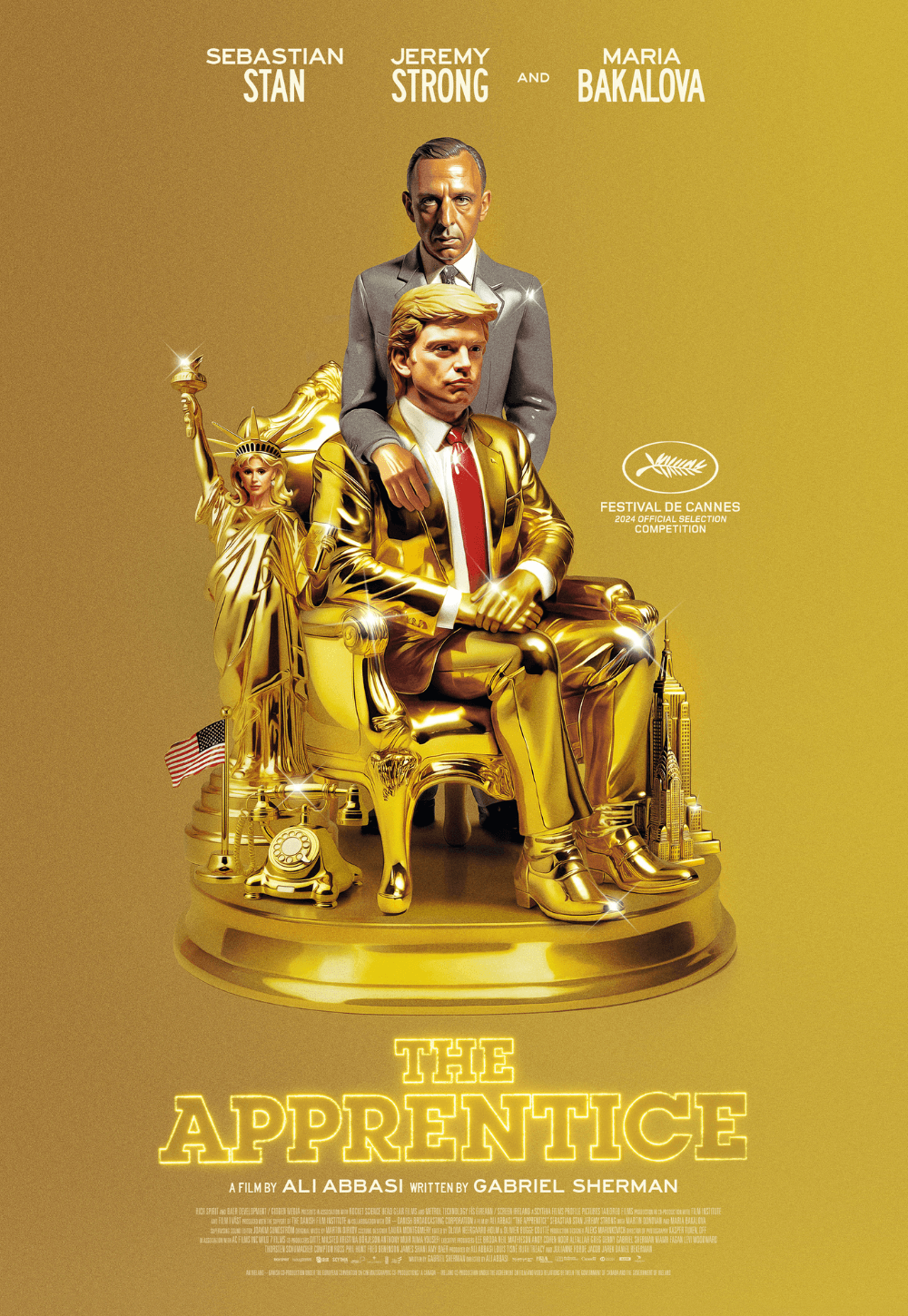
If You Value Independent Film Criticism, Support It
Quality written film criticism is becoming increasingly rare. If the writing here has enriched your experience with movies, consider giving back through Patreon. Your support makes future reviews and essays possible, while providing you with exclusive access to original work and a dedicated community of readers. Consider making a one-time donation, joining Patreon, or showing your support in other ways.
Thanks for reading!
Brian Eggert | Critic, Founder
Deep Focus Review



